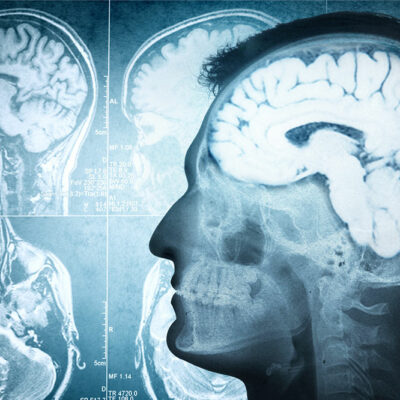
Improve eye health by avoiding these foods
Our eyes are one of the most vital organs in our body. The eye health is dependent on the health of our blood vessels and heart; therefore, it is imperative to take steps to ensure good cardiovascular health. While we may choose healthy foods that provide nutrition and oxygen to the blood vessels, it is equally important to avoid the following foods that may degrade our eye health when consumed in excess. Red meat Pork, beef, lamb, and mutton are sources of red meat. These meats are generally laden with sodium to increase shelf life. But too much of sodium can increase blood pressure and trigger the buildup of fluid below the retina, known as choroidopathy. Margarine We often use margarine as an alternative to butter because of its vegetable oil composition. But the food is abundant in trans fats, which may worsen cholesterol levels and degrade eye health. Fish and shellfish Fish like salmon and mackerel may contain traces of mercury. So if you eat too much fish and shellfish, the harmful properties of the element might cause damage to the eyes. Coffee Despite the energy-boosting effects of caffeine in coffee, too much of coffee may affect your overall health.
Read More 







